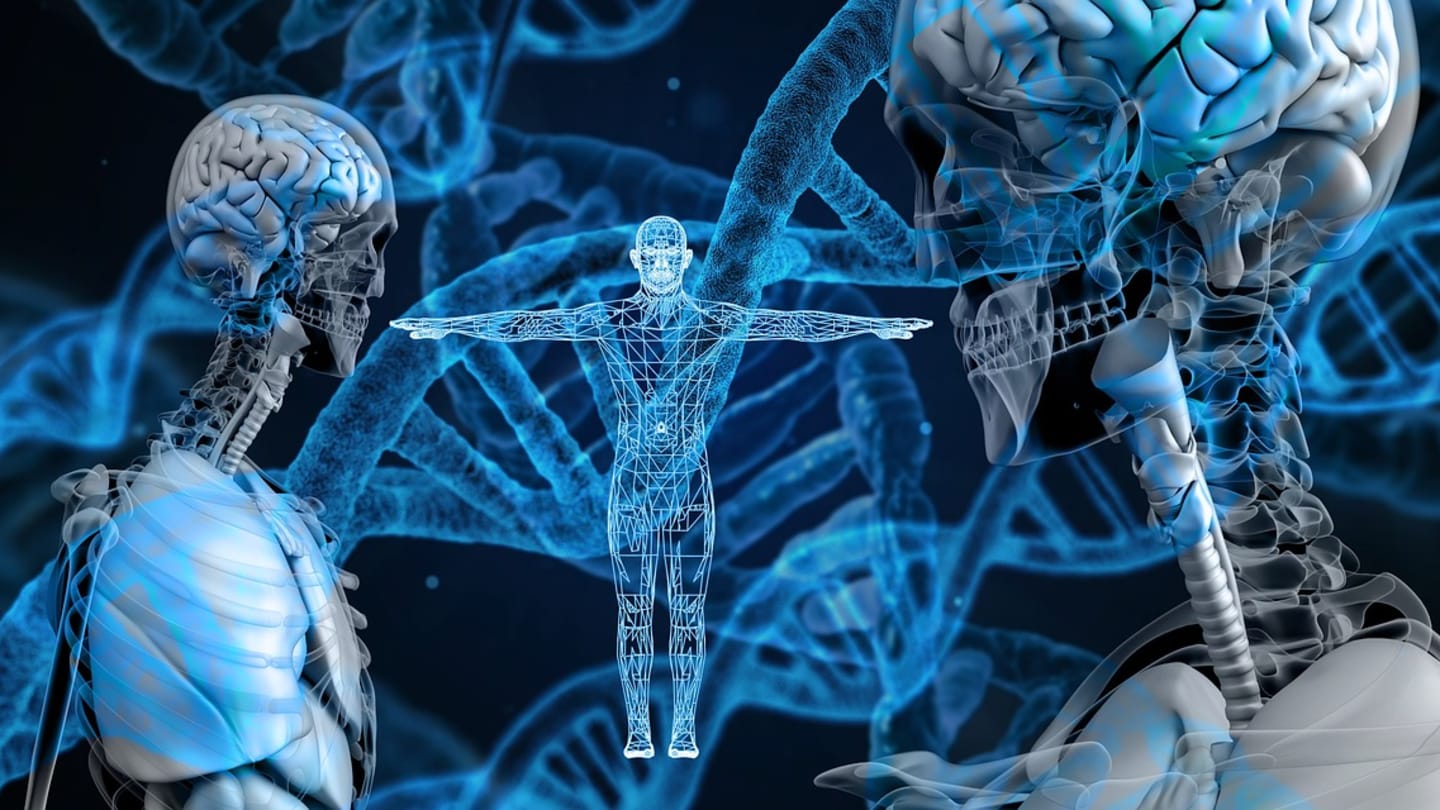The pill may subtly rewire women’s brains—making them more prone to sadness, irritability and mood swings, scientists warn.
A study by researchers at the University of California, Los Angeles, found that oral contraceptives change activity in brain circuits that regulate mood and emotion.
The discovery may help explain why some women experience psychological side effects when starting the pill, while others notice improvements.
The trial, which was split into two phases, involved 26 women between the ages of 20 and 33 who had negative mood symptoms while using hormonal contraceptives.
Initially they took oral contraceptive pills for 18–21 days. Then after a full menstrual cycle they took a placebo.
During both phases they had a special type of brain scan—a resting-state functional magnetic resonance imaging (fMRI) scan.
Alongside this they self-reported their mood with the Daily Record of Severity of Problems (DRSP)—a clinical tool used for assessing menstrual mood disorders.
Blood samples showed that hormone levels were suppressed during the oral contraceptive phase, confirming they were working.

The recent study found taking oral contraceptives may lower your brain function’s individuality
When the researchers analysed the brain scans, they looked at ‘functional connectivity’—the way different parts of the brain communicate with one another.
Using a new technique known as functional connectome fingerprinting, they were able to see whether each woman’s brain activity was distinctive enough to pick her out from the group.
The results showed that while on the pill, participants’ brain activity became noticeably more alike, dulling the unique signatures that normally set individuals apart.
Although each brain pattern remained identifiable, the interactions between regions lost some of their distinctiveness.
The effect was strongest in networks linked to executive control (which helps us plan and achieve goals), somatomotor processing (which governs voluntary movements), salience detection (the ability to pick out important details in a scene), and the ‘default mode’ network—active when the brain is at rest and not focused on a task.
In short, the researchers say the pill’s impact was not confined to one area but appeared to have a broad dampening effect across the brain.
The women also reported more negative mood symptoms while on the contraceptive.
These feelings were tied to 13 specific connections between brain regions, including the frontal pole, superior frontal gyrus, posterior cingulate cortex and precuneus — all key hubs in emotional processing and regulation.

Last year, presenter Davina McCall fronted a Channel 4 documentary, Pill Revolution, highlighting her concerns about the side-effects of the contraceptive pill

She also had a Mirena coil fitted on camera—a bold move aimed at demystifying contraception and sparking urgently needed conversations

McCall shared touching accounts from women whose mental health deteriorated after starting the pill, prompting calls from medical experts for more research and improved care options
This points to the existence of a wider hormone-sensitive brain network that may underlie the sadness, irritability and mood swings some women report.
It also offers clues for conditions such as premenstrual dysphoric disorder (PMDD), a severe form of PMS that can cause pain, nausea, mood swings, relationship problems and even suicidal thoughts.
The study had limitations—the sample size of just 26 women was small, and each trial phase lasted only a few weeks.
But the team hopes larger, longer studies will confirm whether the effects persist with prolonged contraceptive use.
They also believe the hormone-sensitive network they identified could open the door to better understanding menstrual mood disorders, which affect thousands of women worldwide.
The findings come amid wider safety concerns about the combined pill.
Earlier this year, a study of more than 500 women suggested it could triple the risk of sudden and unexplained strokes.
Researchers found the increased risk could not be explained by common stroke triggers such as high blood pressure, migraines or obesity, indicating the drug itself might play a role.
They urged doctors to exercise caution when prescribing the combined pill to women already at higher risk.
Last year, presenter Davina McCall fronted a Channel 4 documentary, Pill Revolution, highlighting her concerns about the side-effects of the contraceptive pill—including mental health symptoms—and called for a ‘contraception research revolution’ to give women better information and more alternatives.
In the film, McCall shares touching accounts from women whose mental health deteriorated after starting the pill, prompting calls from medical experts for more research and improved care options.
She also had a Mirena coil fitted on camera—a bold move aimed at demystifying contraception and sparking urgently needed conversations.
Source link

